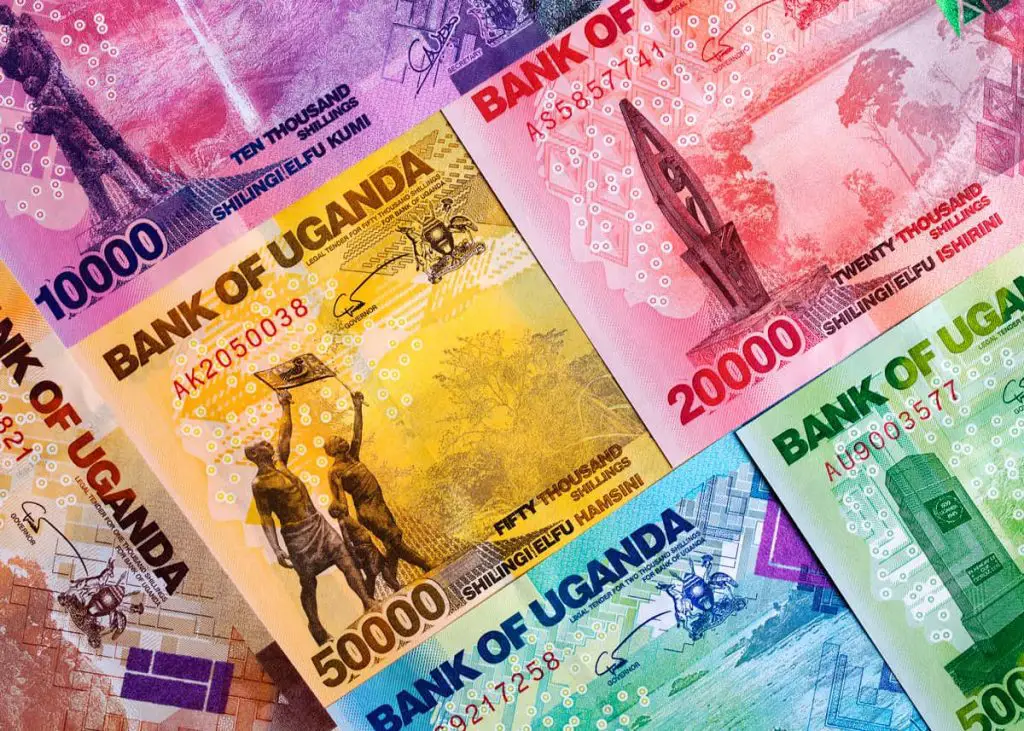Uganda’s consumer price inflation moderated in January after striking its highest level in fifteen months in the previous month.
According to the Uganda National Bureau of Statistics(UBOS), in January the annual rate on the consumer price index (CPI) fell to 3.4 per cent from 3.6 per cent in December, the second-lowest in ten months.
Uganda National Bureau of Statistics attributed the decrease in the headline inflation rate to a fall in annual footwear and clothing inflation, to 2.4 per cent against the 4.3 per cent reported for the 12 months ending December 2019.
In January, the annual transport inflation rate also decreased due to reductions in transport prices following the end of the festive season.
Also Read: Chinese firm to develop the largest solar plant in Uganda
Core inflation, which removes volatile food and energy prices and is closely monitored by the central bank, was unchanged at 3 per cent year on year, which also registered in the previous month. Other goods inflation was unchanged at 4.1 per cent year on year in the same month under review while services inflation rose to 1.5 per cent from 1.4 per cent in December, UBOS said.
A decrease in annual fruits inflation, caused by a fall in banana prices, was responsible for the decline in the 12-month food crops and related items inflation rate to 2.6 per cent, down from 3.4 per cent in December. In December an increase in food prices contributed the most to the year on year rise in inflation.
Fuel, energy and utility inflation also fell to 7.7 per cent year on year in January compared to the 8.8 per cent recorded in the previous month. Fall in inflation for petrol and diesel, leading to a fall in liquid energy fuels inflation caused the decline.
The monthly energy, fuel and utilities inflation rate for January was registered at 0.0 per cent, down from the 0.8 per cent increase recorded in December.
“The stability was due to monthly solid fuels inflation that rose by 0.1 per cent … which has been offset by a drop in monthly liquid energy fuels inflation that is registered at minus 0.6 per cent,” said Uganda National Bureau of Statistics.




